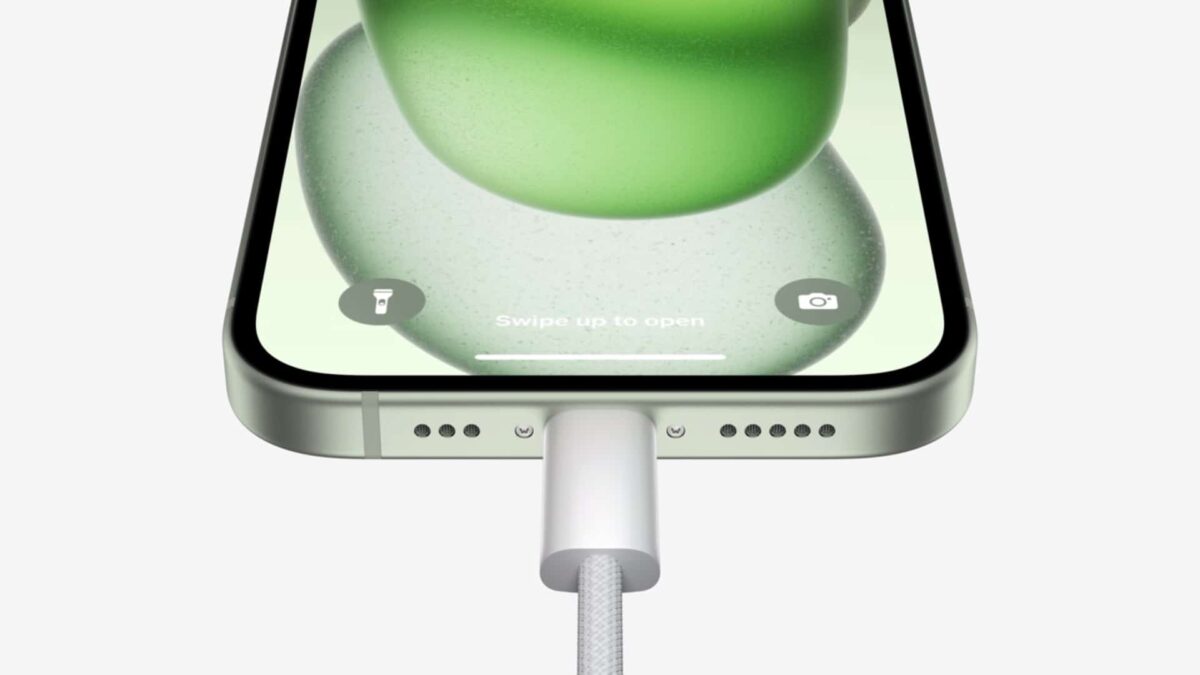According to recent reports, the upcoming iPhone 16 Pro and iPhone 16 Pro Max could support up to 40W wired fast charging and 20W MagSafe wireless charging. This is a substantial leap from the current iPhone 15 Pro models, which max out at 27W for wired and 15W for MagSafe charging.

The implications of this upgrade are considerable. For users, this means being able to achieve a 50% charge in just over 15 minutes, compared to the approximately 30 minutes it takes with the iPhone 15 using a 20W adapter. This advancement would significantly reduce downtime, making it easier for users to quickly top up their devices and get back to using them.
However, the benefits of faster charging come with challenges. Higher wattage can lead to increased heat generation, which may affect the battery’s lifespan and overall device longevity. Apple will need to address these thermal management issues to ensure that faster charging does not compromise the battery’s health over time.
The motivation behind this upgrade seems to be the anticipated increase in battery capacity for the iPhone 16 series. Reports suggest that the iPhone 16 Pro Max, for example, might feature a 4,676 mAh battery, up from the 4,422 mAh battery in the iPhone 15 Pro Max. This increase in battery size is expected to provide longer usage times, but it also means that charging times would naturally be longer unless the charging wattage is increased.
In addition to faster charging, other rumors about the iPhone 16 series include potential changes to the physical design and enhancements to the camera system. The Pro models might feature a 5x optical zoom lens, previously exclusive to the Max variants, and a dedicated camera hardware button.
While these reports are based on leaks and insider information, and should be taken with some caution, the consistency across multiple sources adds credibility to the claims. If these rumors hold, the iPhone 16 series could represent a significant step forward in Apple’s hardware capabilities, particularly in the realm of fast charging, which has been a competitive edge for many Android manufacturers.
(via ITHome)
Read more: